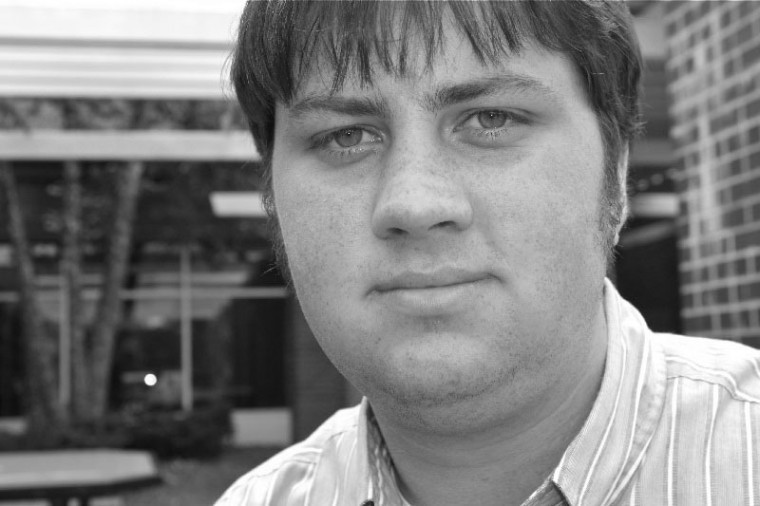Think before you drink and drive
January 24, 2012
The danger of drinking and driving is a familiar message, perhaps one so common that people don’t listen closely anymore.
The effects, however, remain close to home. The devastating aftermath of drunk driving is in newspaper headlines, TV reports and it’s in our area.
I had the opportunity to attend the homecoming ceremony of Des Moines Police Officer Phoukham Tran, who was hit by an alleged drunk driver outside of the Iowa State Fairgrounds in August.
Tran spent months in rehabilitation, working to regain his thinking and motor abilities, and returned home to his family on Jan. 19. It’s fortunate that he was able to return home to his family, but we know that not all of these stories have a positive ending.
Even if you’re positive that you would never get behind the wheel of a car after imbibing, the issue is worth thinking about considerably.
In my college career, I’ve known well-intentioned and characteristically responsible people who’ve ended up behind the steering wheel after drinking simply because of unpreparedness or a sense of invincibility.
It’s easy to slip into the mentality that nothing will happen just this once. So, let’s go to the Internet for some statistics.
Students Against Drunk Driving remains a good source of information, and according to the group’s website, 12.4 percent of people over the age of 12 drove under the influence of alcohol in 2008.
Of the 12.4 percent who were estimated to have driven under the influence, 26.1 percent were between the ages of 21 and 25, making it the age group with highest percentage of drunk drivers.
For college students legally able to enter bars that 21 to 25 age group is exactly where we fall, making it doubly important, from my perspective, for us to consider the implications of our actions.
Beyond the possibility of hurting others, there are repercussions for driving impaired that are worth revisiting. In 2009, law enforcement arrested 1.4 million drivers who were under the influence of drugs or alcohol, according to the Center for Disease Control.
In Iowa, a first offense operating while intoxicated charge can carry with it revocation of a person’s full driver’s license and various criminal penalties.
Having recently turned 21, I’ve looked forward to being able to explore the Des Moines bar scene, especially for the opportunities to see and enjoy live music. However, exploring the statistics and seeing Tran’s homecoming ceremony have forced me to stop and contemplate.
With poor planning or even a momentary lapse in judgment, any college student who drinks alcohol, even a considerably responsible one, could end up driving impaired at some point.
When it comes down to it, being prepared for these situations is a no-brainer (establish a designated driver, drink within your limits, etc.). What it takes, however, to avoid tragedies like Tran’s is a greater understanding and definition of personal responsibility.
It’s still early in the year, and if you’re trying to keep any New Year’s resolution, try and remember the responsibility you have to your community to stay safe behind the wheel.
Grant is a junior multimedia journalism major and the Perspectives Editor for the Simpsonian. He’s a member of Sigma Alpha Epsilon fraternity and former Student Government Association member.





